Flush Out Workplace Theft With A Corporate Culture Audit
95% of all businesses have experienced employee theft at some point or another, so when the odd thing goes missing, that’s just a normal day at the office, right? It might not seem like a big deal when a pile of Post-Its or some break room supplies drift away, but small-scale theft can be a […]
What You Need to Know About Sexual Misconduct Investigations in the Workplace
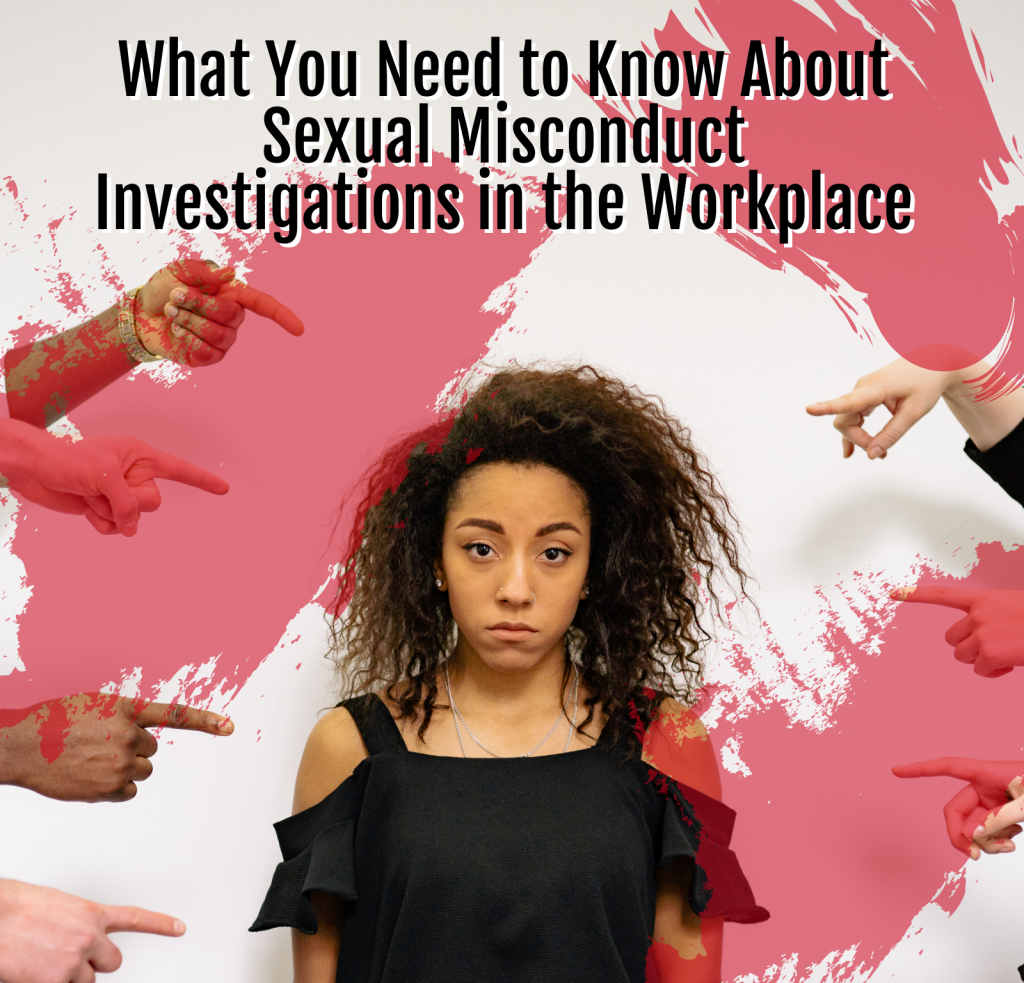
We all like to think that every one of our employees or co-workers is guided by a strong moral compass and is conducting themselves accordingly. In some instances, we might even imagine that a little office banter with sexual undertones is harmless, but the reality is that when no clear line is drawn on what […]
Are You Dealing With Disastrous Employee Alcohol And Drug Abuse?
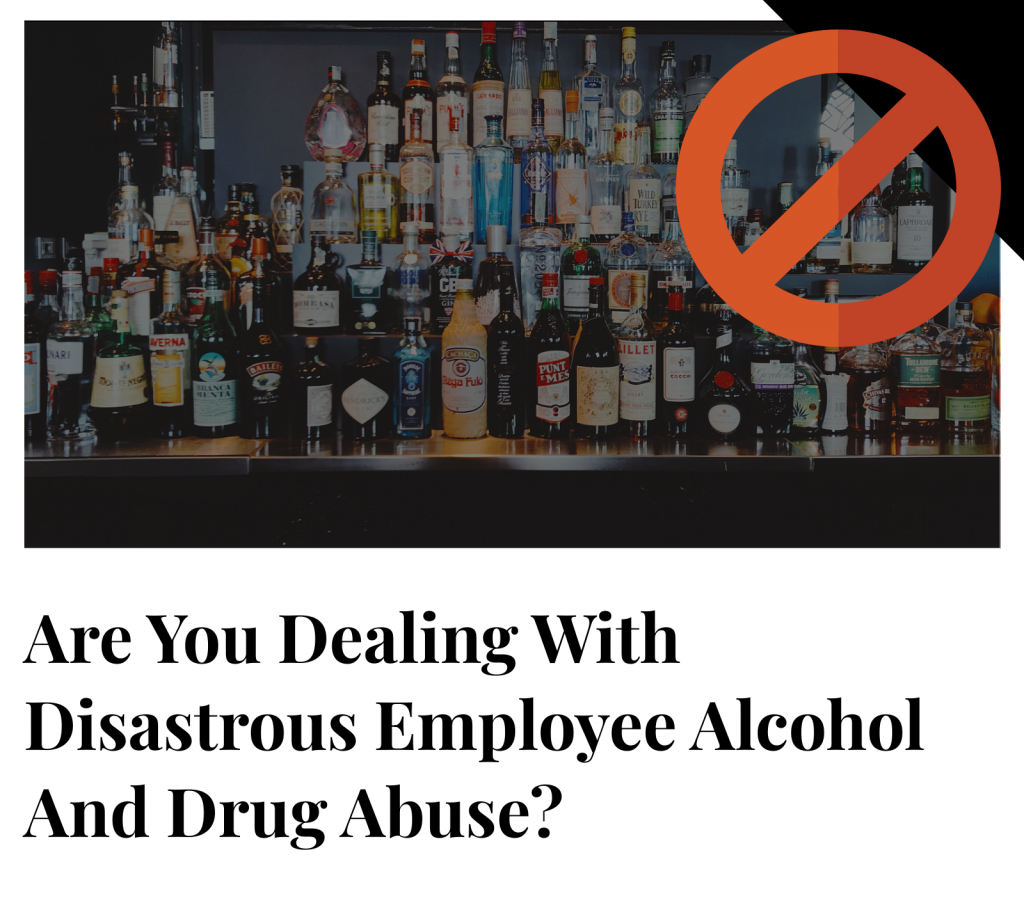
When a company finds itself lurching from crisis to crisis, rather than reactively scrabbling to rein in the consequences, there’s a lot to be said for hunting out the cause. Many employers remain oblivious to disastrous impacts of employee alcohol and drug abuse until the worst occurs. The reality is that employees engaged in substance […]
7 Urgent Signs That Your Business Needs A Corporate Culture Audit
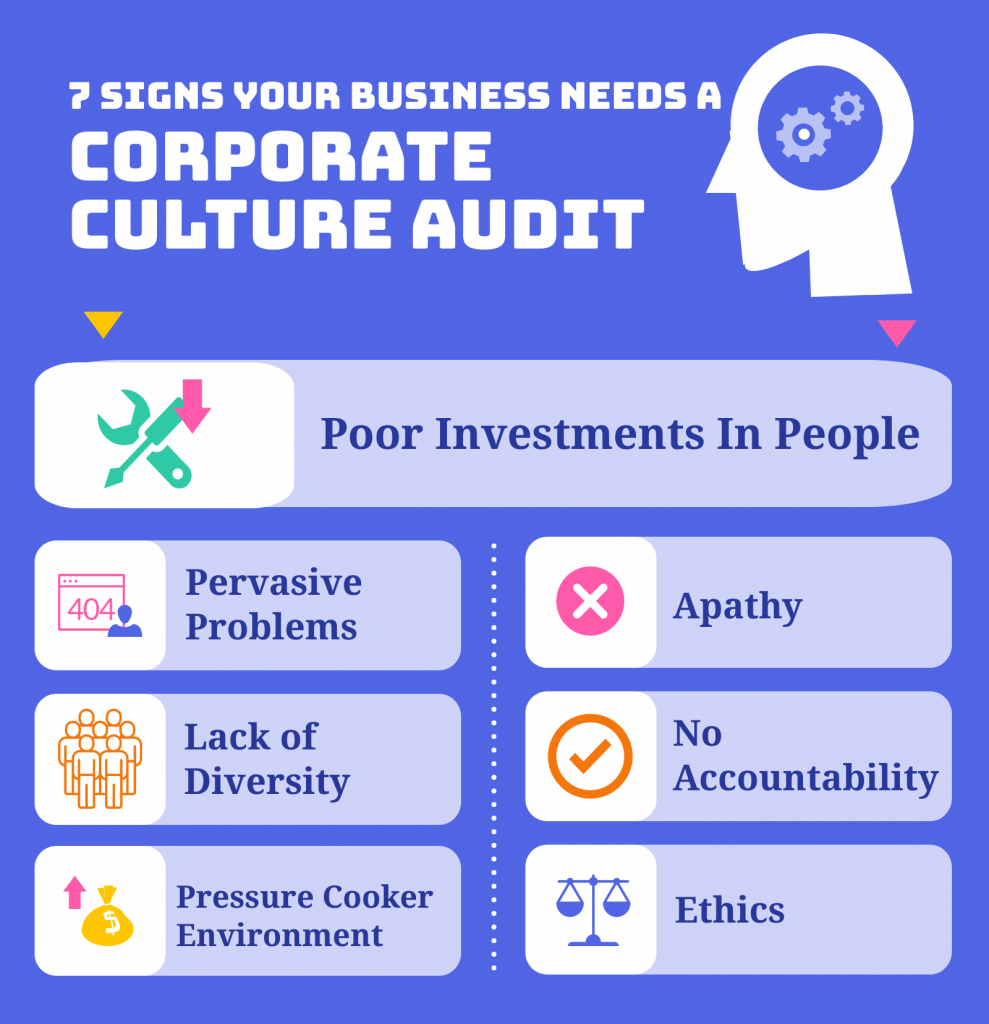
If your enterprise or organization is riddled with issues like employee theft, sexual harassment, hostility, or fraud—and internal corporate investigations aren’t throwing up a bean—then it’s pretty clear that you’re going to have to call in the corporate private investigations cavalry. But, what if if you haven’t spotted any obvious warning signs but nothing is […]
The Corporate Culture Audit: A Colossal Boost For Businesses
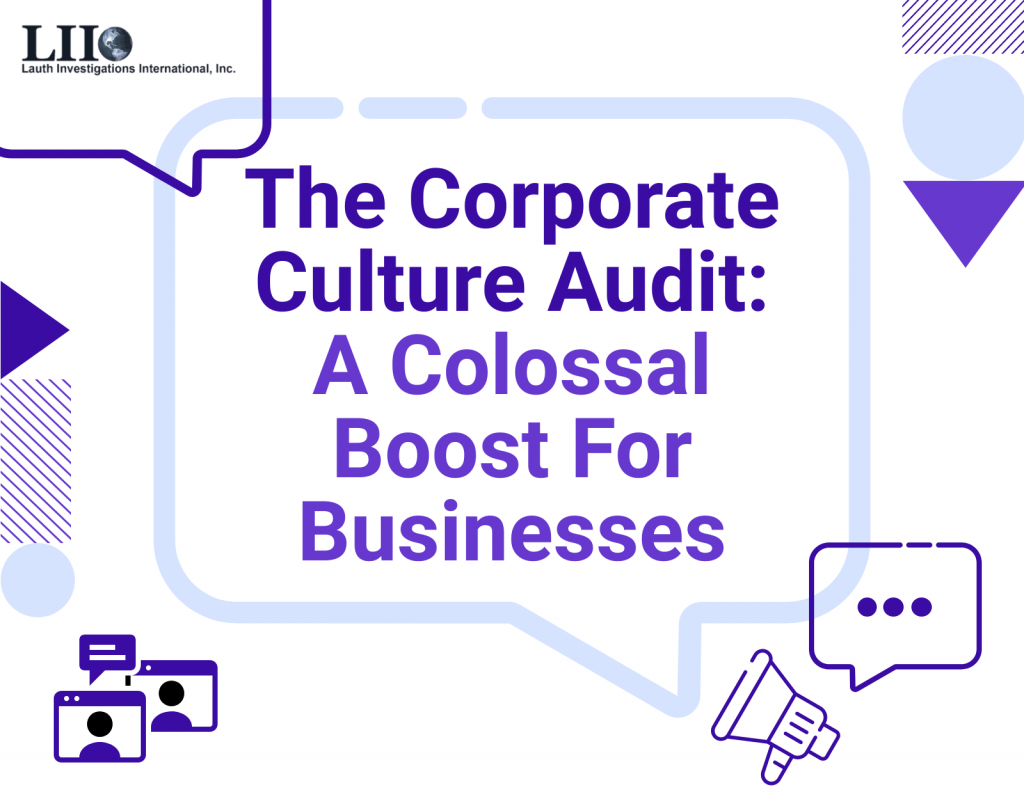
Nobody at the helm of any kind of organization wants to see it driven into the ground, and yet across America, corporations and businesses fall into crisis every day. The reality is that even for the most astute and visionary leaders, seeing the signs of danger with unwavering clarity isn’t always an easy thing to […]
Using Expert Private Investigators As Your Eyes In The Workplace

When most people think about private investigators, they might imagine a shadow at the window as a cheating spouse is photographed in the act—the movies have a lot to answer for! However, in reality, the breadth of skills and specialties harnessed by investigators every day in America touches just about every area of modern life, […]
What Exactly Do Heir Search Firms Do?
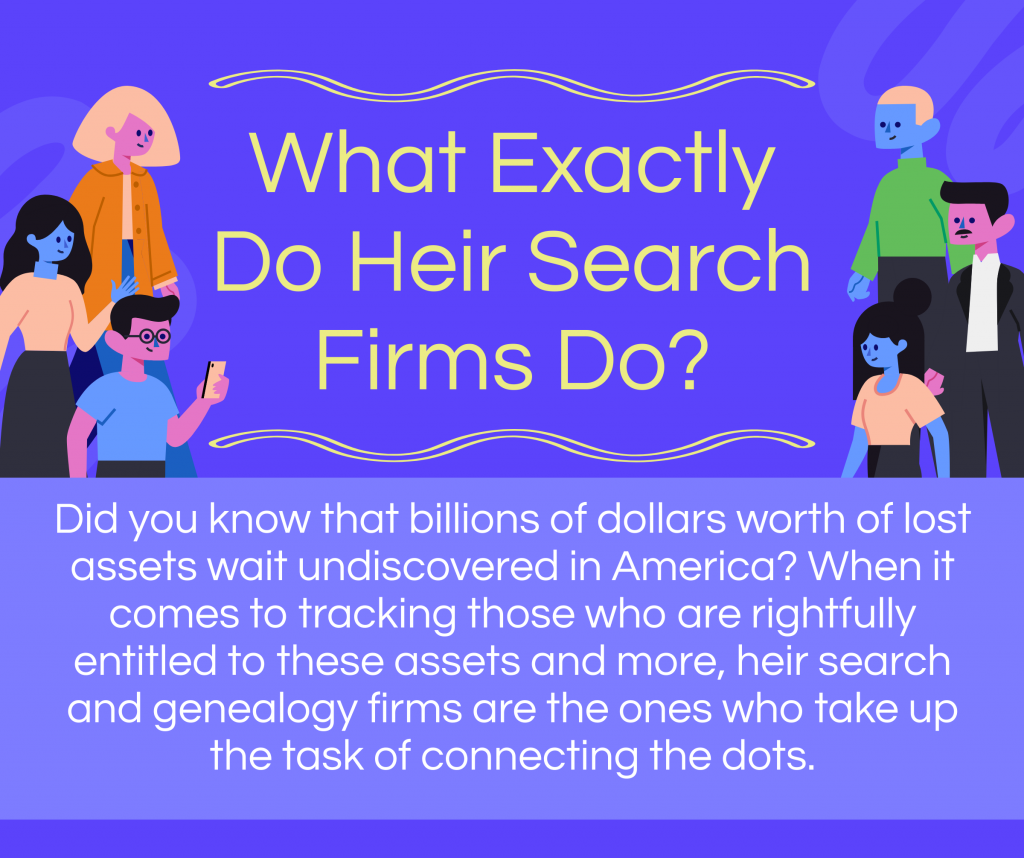
It’s a thrilling thing to imagine: Out of the blue, one day you receive a phone call to say that you’re entitled to a substantial inheritance that you knew nothing about. It may seem like a far-fetched idea but, surprisingly, data suggests that as many as one out of every ten individuals has unrecovered assets […]
The Key To Rooting Out Toxic Employees In The Workplace
We’ve all worked with one at some point or another: the person who derails productivity, trashes team morale, and knocks out the self-esteem of their co-workers. There’s no question that toxic employees can leave a minefield in their wake. But, this doesn’t always leave the leader positioned above them truly empowered to set things right. […]
Stop The Swindle: Investigating Employees That Steal Trade Secrets
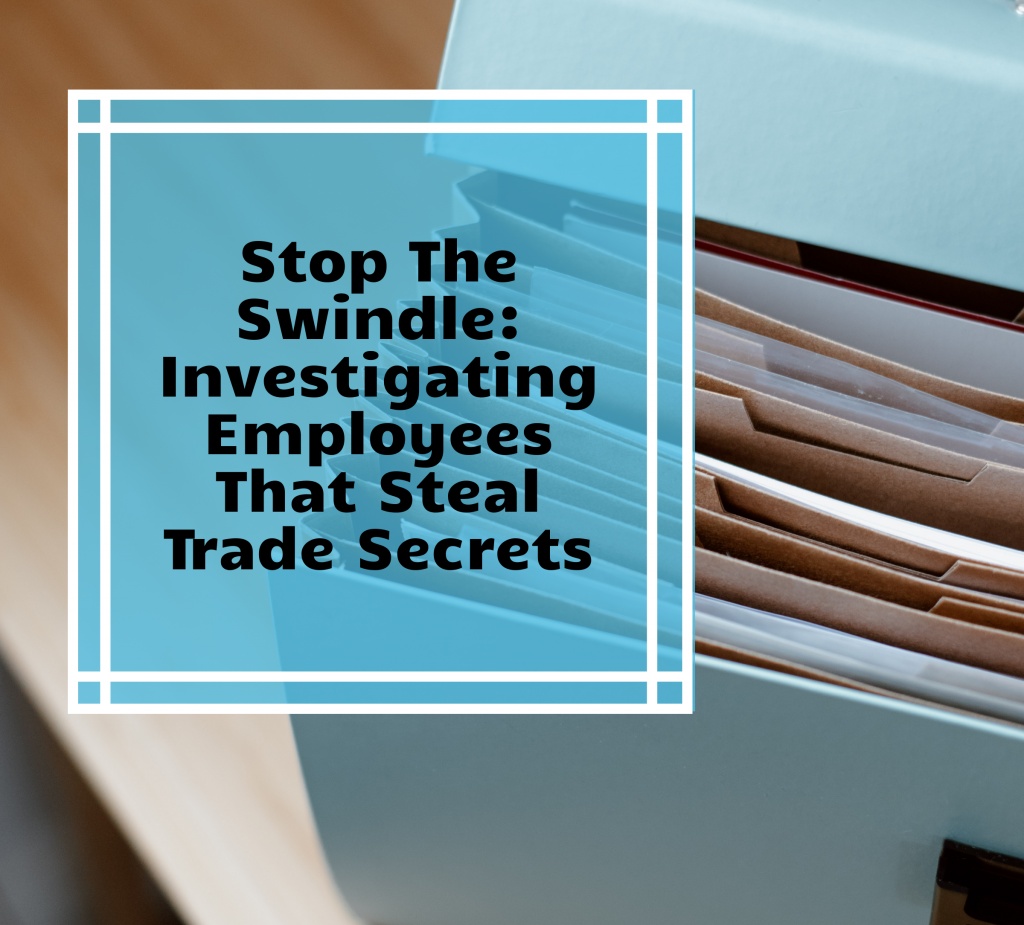
The many companies that make up the crest of the American economic wave invest every single day in developing cutting-edge technology, conducting groundbreaking research, and developing innovative intellectual property. With all that’s at stake for businesses and their many hard-working employees, the threat of trade secret theft should always be taken seriously. But what do […]
See How Your Employees Are Behaving With Undercover Investigators
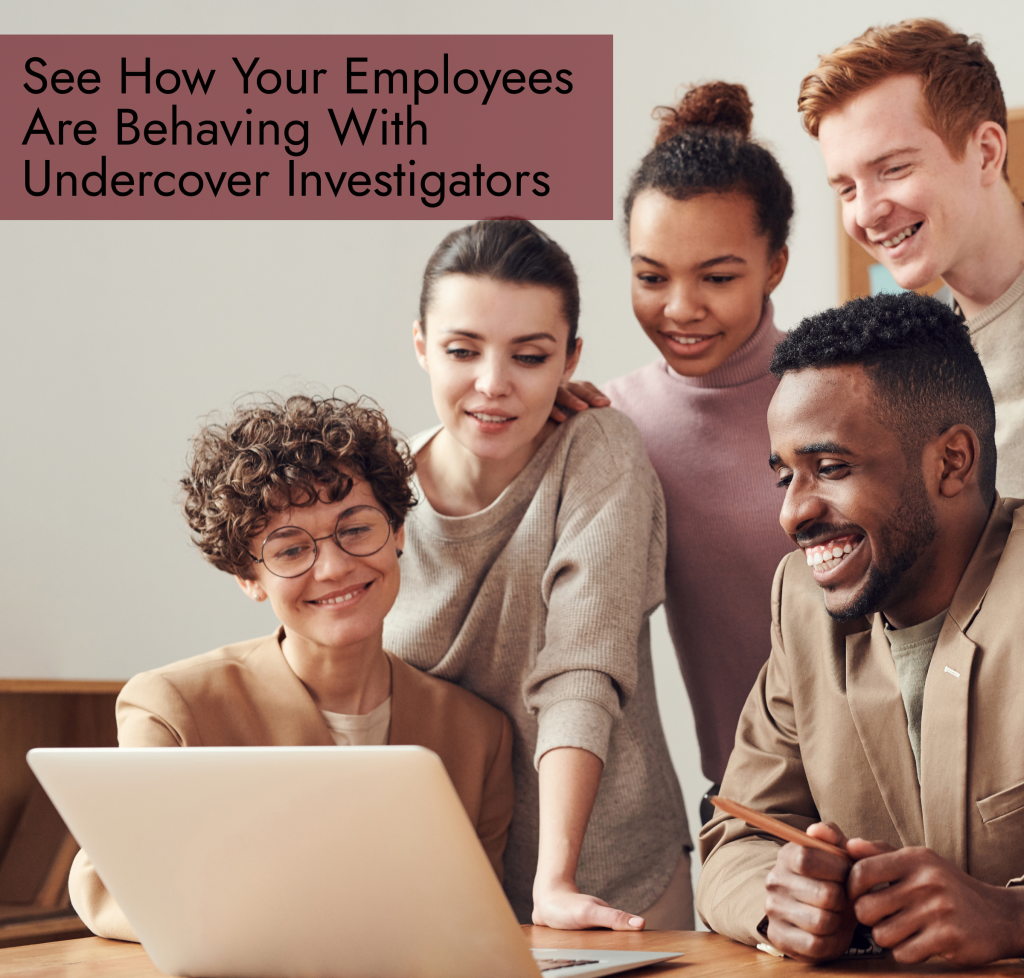
Any entrepreneur or high-level executive knows that there’s a lot at stake when running a business. You might well wish you had an all-seeing eye, but the reality is that it’s impossible to steer the ship while keeping tabs on every last detail of operations. Every leader hopes that their employees are team players, but […]